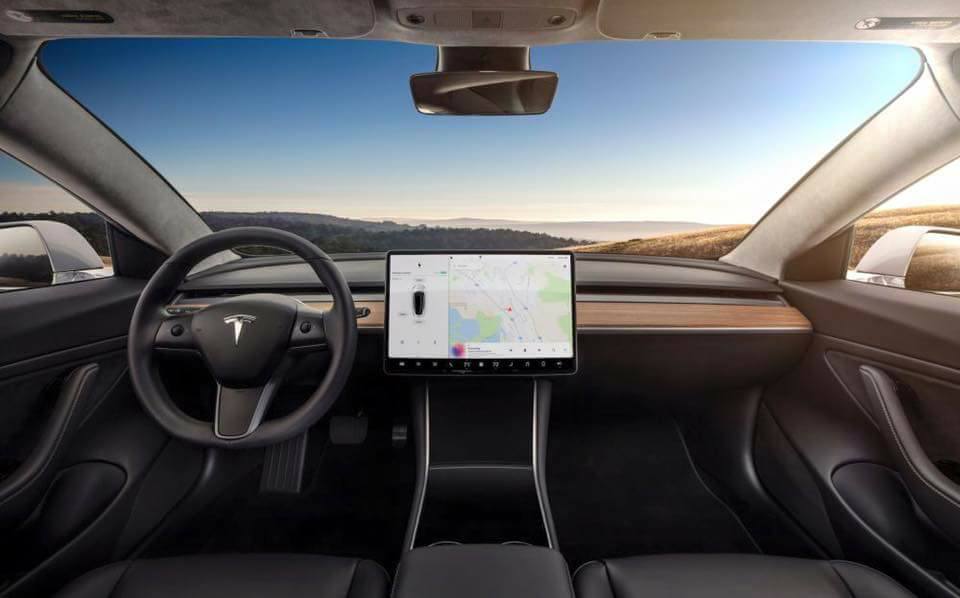Read The Full Article On: Mankatofreepress
Electric vehicles continue to make inroads across the country, boosted by consumer demand and by corporations aiming to cut their carbon footprint to zero in the next couple of decades.
Amazon early this year ordered 100,000 custom delivery vehicles from electric vehicle maker Rivian. The electric vehicles, which will begin delivering packages to customers next year, will help Amazon reach its goal of being carbon neutral by 2040.
On Monday Walmart announced it also aims to reduce its global emissions to zero by 2040, in part by switching to an all-electric vehicle fleet.
Here in Minnesota, a survey by the Union of Concerned Scientists and Consumer Reports shows six in every 10 prospective car buyers have interest in electric cars, trucks and SUVs. The survey also found that 66% of prospective Minnesota car buyers want automakers to provide more types of electric vehicles.
That’s why the push for tougher vehicle emission standards in the state deserves support. The Minnesota Pollution Control Agency, at the direction of Gov. Tim Walz, has been preparing rules that would promote more electric vehicle offerings and cut the overall vehicle emissions. Vehicle emissions remain the No. 1 producer of greenhouse gas emissions, which speed climate change.
Last week the American Lung Association released a report highlighting the potential public health benefits of widespread electrification of the transportation sector. Emissions from transportation is one of the biggest sources of air pollution, worsening asthma attacks, lost work days and premature deaths. In Minnesota air pollution is estimated to cause between 2,000-4,000 deaths a year.
Widespread electric vehicle adoption — powered by clean energy sources — would reduce deaths, lost work days and save on health-care costs.
Electric vehicles make good sense in Minnesota where a good portion of the electricity is already derived from renewable resources.
Some GOP lawmakers and other groups have been critical of state government pushing more electric vehicles. But states that have clean car standards give consumers more clean car models to choose from while still leaving them with plenty of options for traditional car, trucks and crossovers.
More importantly, clean car standards have the dual benefit of being a cost-effective means of addressing climate change while at the same time improving Minnesotans’ health and saving health-care costs for businesses and individuals.
Electric vehicles are still only a sliver of the market in Minnesota — just over 1% — but the number of Minnesotans and Americans who say their next vehicle will be an electric has soared.
Having the state push automakers and dealers to offer more electric choices is a responsible step that will offer more consumer choice, help reduce the cost of electric vehicles moving forward, address climate change and improve health.

